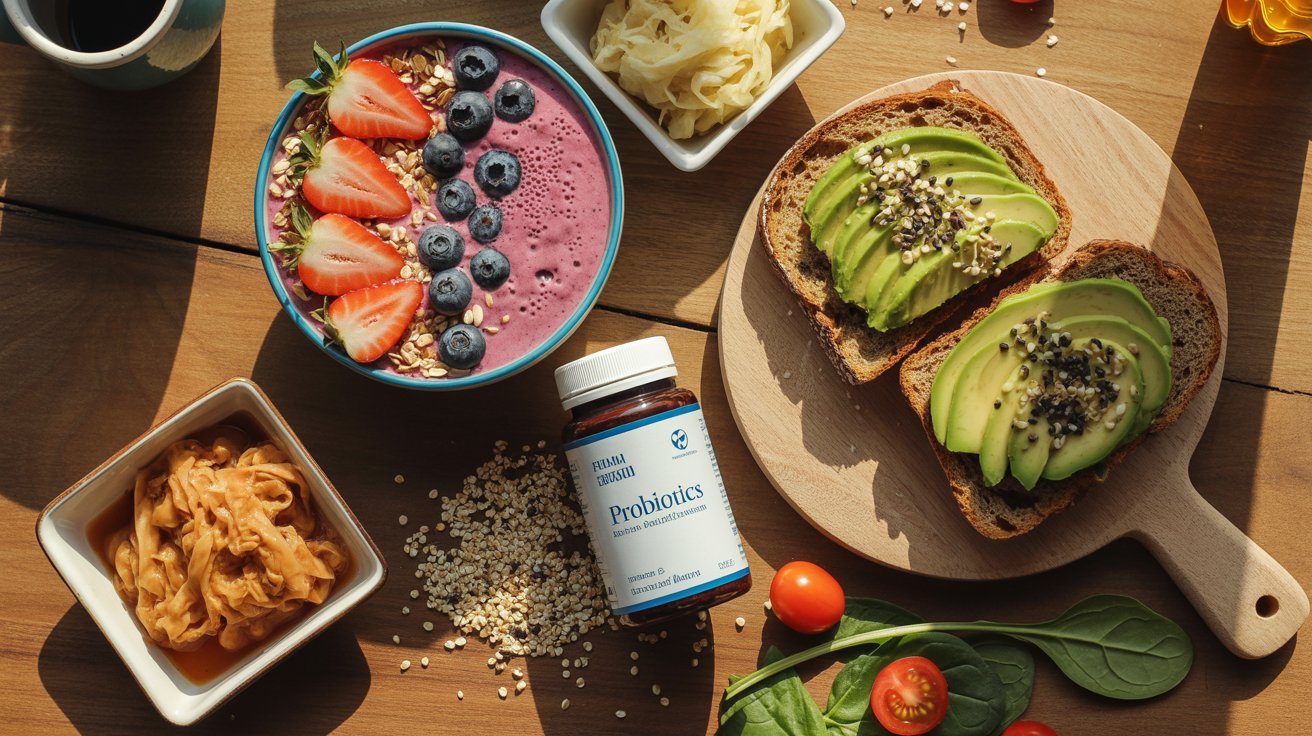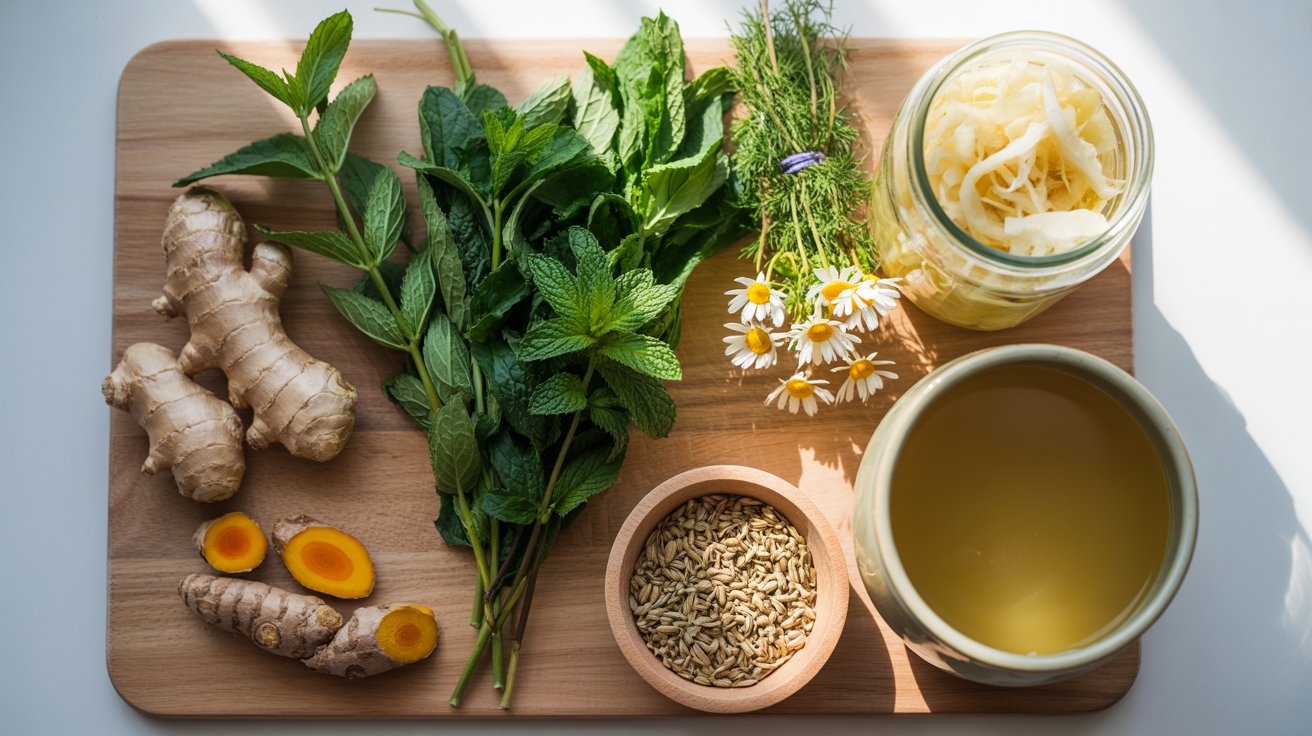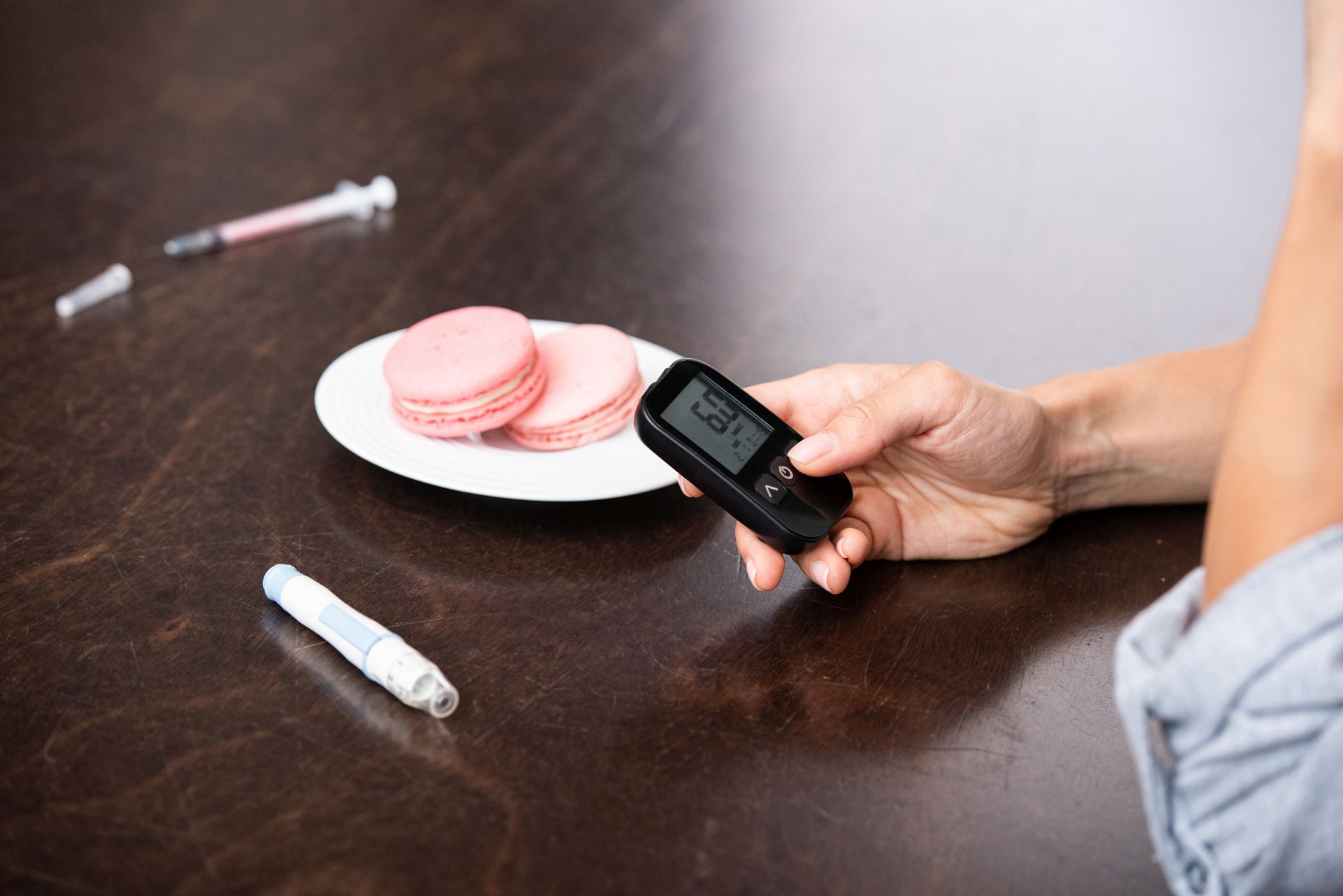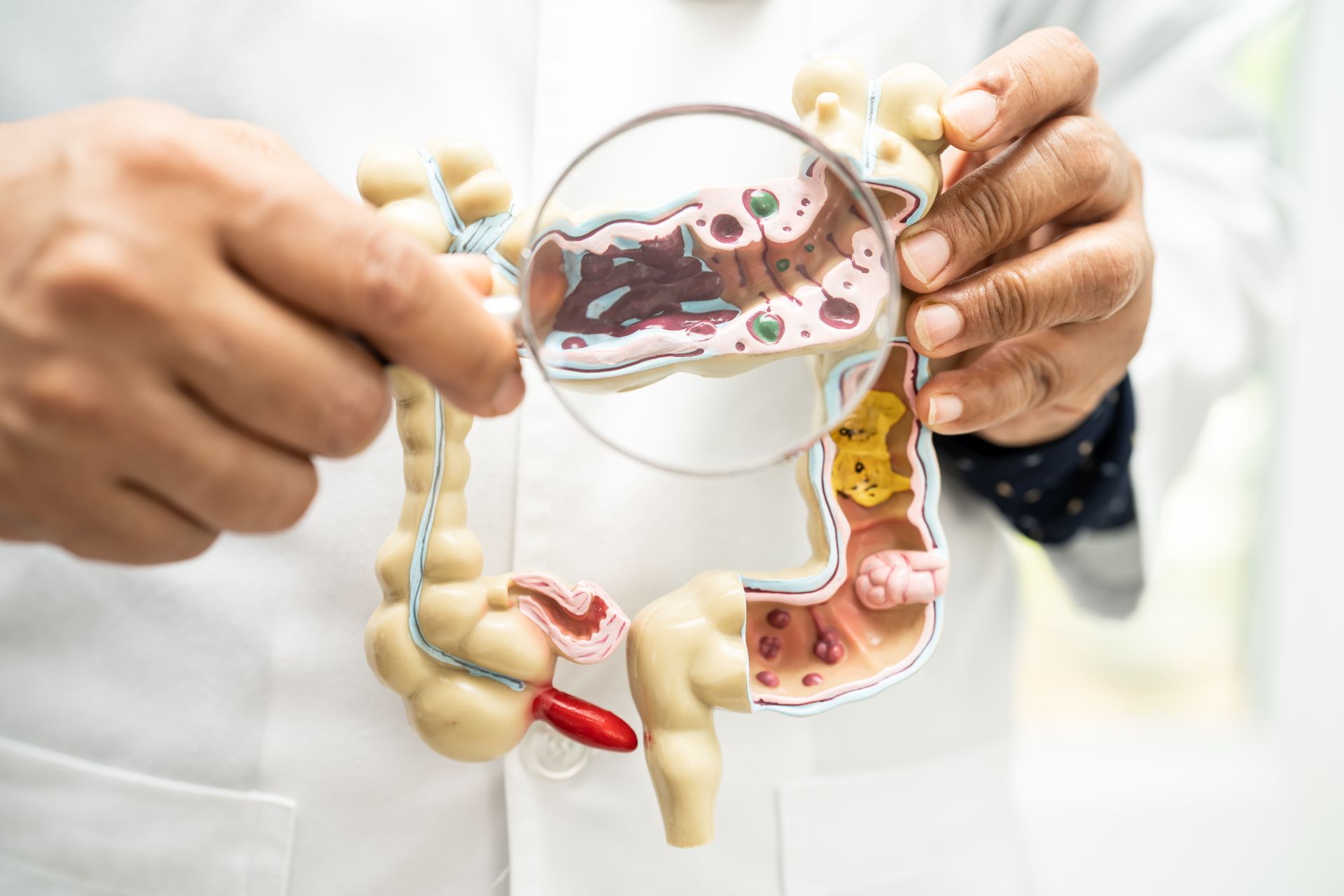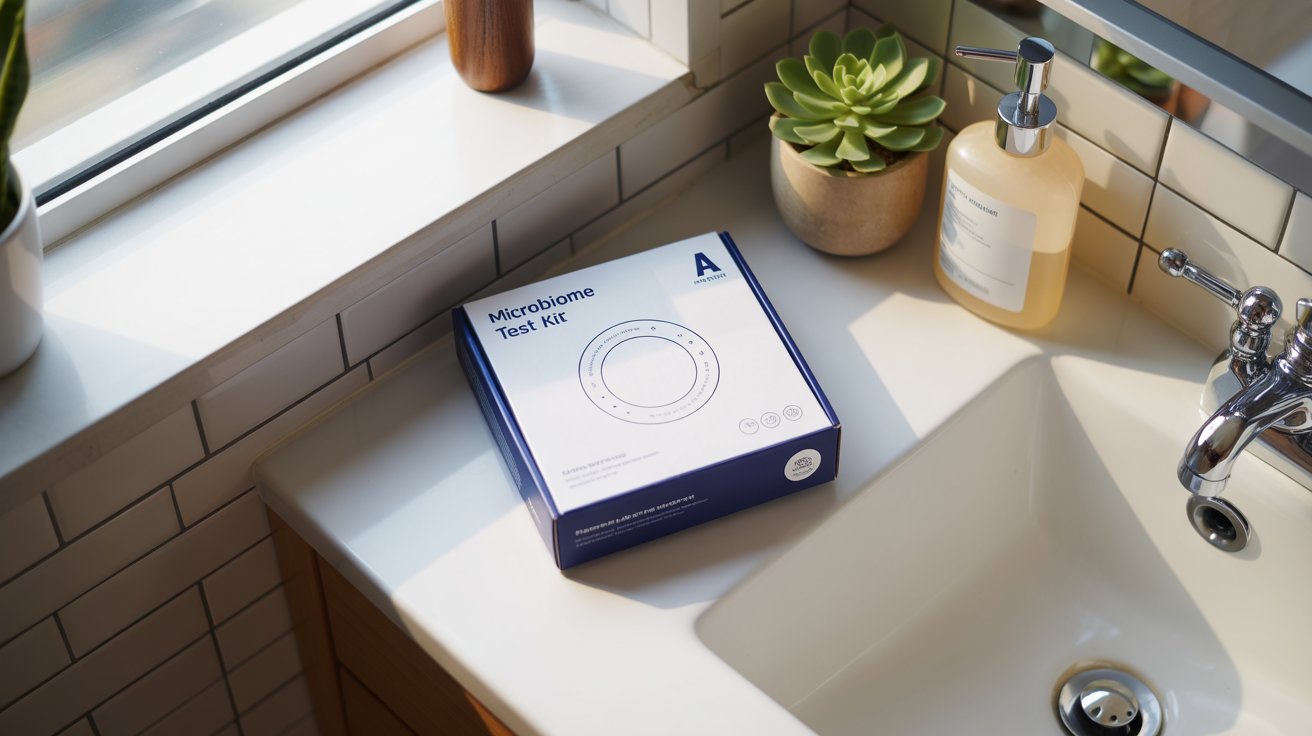Have you ever wondered how antibiotics affect the microbiome and why it matters for your health? When antibiotics fight bacterial infections, they don’t just kill harmful bacteria—they also disrupt the trillions of beneficial microorganisms in your gut microbiome, potentially causing both short-term side effects and long-term health consequences.
Antibiotics are indeed beneficial for saving lives in cases of serious health issues. In fact, I recently had a serious infection resulting from appendicitis surgery. I developed peritonitis and an abscess near my liver after surgery.
Without antibiotics, I would have died. I was on antibiotics for three weeks and they certainly saved my life. I had to work to restore my gut microbiome as I continued to heal.
This Disruption Of Gut Bacteria Can Have Unintended Side Effects
This disruption of gut bacteria can affect everything from your digestive health, your metabolic health, your immune function and even your risk for certain chronic diseases.
Whether you’re currently taking antibiotics, considering a prescription, or simply curious about maintaining your microbiome health, understanding this critical relationship can help you make informed decisions about antibiotic use and recovery strategies.
This complex community of bacteria, fungi, and other microscopic life has been with you since birth, quietly helping with digestion, supporting your immune system, and even influencing your mood and metabolism.
Let’s explore what happens when antibiotics enter this delicate ecosystem, and why finding balance matters for your long-term health.
Getting to Know Your Gut Flora
Your gut microbiome is incredibly personal—as unique as your fingerprint. It began forming when you were born, developing as you were fed, explored your environment, and interacted with family members, friends, and even pets.
By adulthood, you’ve developed a diverse intestinal flora with trillions of bacteria throughout your body, with the largest concentration in your digestive tract. Maintaining this gut bacteria diversity is essential for optimal health.
These microbes aren’t just passive passengers—they’re active contributors to your health. They help break down foods your body can’t digest on its own, produce essential vitamins, train your immune system to recognize friends from foes, protect against harmful bacteria, and even communicate with your brain through what scientists call the “gut-brain axis.”
Far from being unwelcome invaders, these microbes are essential partners in your health journey. Which is why disrupting them with antibiotics can have consequences beyond just treating an infection.
When Antibiotics Disrupt the Balance

Since Alexander Fleming’s discovery of penicillin in 1928, antibiotics have transformed medicine, making once-deadly infections treatable with a simple prescription.
But their power comes with a price: most antibiotics can’t distinguish between harmful bacteria causing an infection and beneficial bacteria supporting your health.
When you take a course of antibiotics, the changes to your microbiome happen quickly. Within hours, the diversity and abundance of bacteria in your gut begin to decline.
Some broad-spectrum antibiotics can eliminate up to a third of your gut bacterial species. When treatment ends, your microbiome works to recover, but some bacterial species might remain depleted for months—or even permanently.
This disruption often manifests as digestive issues during antibiotic treatment. About one in three people experience diarrhea while taking antibiotics as their digestive system struggles to function normally with its microbial helpers out of balance.
In more concerning cases, eliminating beneficial bacteria creates an opportunity for problematic microbes like Clostridioides difficile (C. diff) to multiply unchecked.
C. diff infections can cause severe, sometimes life-threatening intestinal inflammation—highlighting just how important your balanced microbiome is for keeping potentially harmful organisms in check.
Beyond Short-Term Discomfort: Long-Term Health Connections

The effects of antibiotic-induced microbiome disruption can extend far beyond temporary digestive upset. Researchers are uncovering connections between antibiotic use (especially during critical developmental periods in childhood) and several long-term health concerns:
Metabolic Health
Your gut microbes help regulate how you process and store energy from food. Studies suggest that frequent antibiotic exposure, particularly early in life, may alter metabolism and potentially contribute to weight gain and metabolic disorders.
Some research has found that children who receive multiple courses of antibiotics have higher rates of obesity later in life.
Immune Function
The microbiome plays a crucial role in educating your immune system from an early age. Disrupting this education through frequent antibiotic use may affect how your immune system develops and functions.
This might explain why research has found associations between early-life antibiotic exposure and increased rates of allergic conditions like asthma and eczema, as well as inflammatory bowel diseases.
Antimicrobial Resistance
Every antibiotic course creates selective pressure that favors resistant bacteria. Those bacteria that can withstand the antibiotic survive and multiply while vulnerable microbes die off.
Over time, this can lead to antibiotic-resistant “superbugs” that don’t respond to common medications. These resistant bacteria can persist in your microbiome, potentially sharing their resistance genes with other bacteria—including harmful ones.
Protecting Your Microbiome Without Sacrificing Treatment

Understanding antibiotics’ impact doesn’t mean avoiding them when they’re truly needed. Instead, it means finding a thoughtful balance. Here are some practical approaches:
Antibiotic Stewardship
Remember that antibiotics are ineffective against viral infections, so they won’t help with most colds, flu, or viral sore throats.
When prescribed antibiotics, take the complete course exactly as directed—never save them for later or share them with others.
Don’t hesitate to ask your doctor if a narrower-spectrum antibiotic might work for your specific infection, as these affect fewer types of bacteria and cause less microbiome disruption.
Microbiome Restoration
Consider taking probiotic supplements during and after antibiotic treatment to introduce beneficial bacteria that might help maintain microbial balance.
Just be sure to take them a few hours apart from your antibiotic dose.
After completing your antibiotics, focus on consuming prebiotic foods that feed good bacteria and fermented foods like yogurt with live cultures, kefir, sauerkraut, and kimchi—these can help restore your gut microbiome and minimize antibiotic-associated diarrhea.
Future Approaches
The scientific community is developing more microbiome-friendly approaches to fighting infections.
These include more precise antibiotics that target only specific bacterial troublemakers, bacteriophage therapy using viruses that infect only certain bacteria, and fecal microbiota transplantation (FMT) to restore diversity in cases of severe disruption.
How Antibiotics Affect the Microbiome: Finding Balance
Antibiotics remain essential tools in modern medicine—many of us owe our lives to these remarkable medications and I am one of those people.
The goal isn’t to avoid antibiotic therapy entirely but to practice responsible antibiotic use with awareness of their broader impacts on our gut microbiota.
Next time you’re dealing with bacterial infections, consider both the immediate benefits of antibiotics and how antibiotics affect the microbiome long-term.
By using these powerful medications only when truly necessary and supporting your microbiome diversity afterward, you can maintain both effective infection treatment and long-term digestive health.
After all, minimizing negative antibiotic effects on beneficial bacteria means taking care of your whole self—both during infection treatment and in the years of health that follow.
With proper attention to microbiome health during antibiotic treatment, you can help maintain the delicate balance of your body’s ecosystem.

